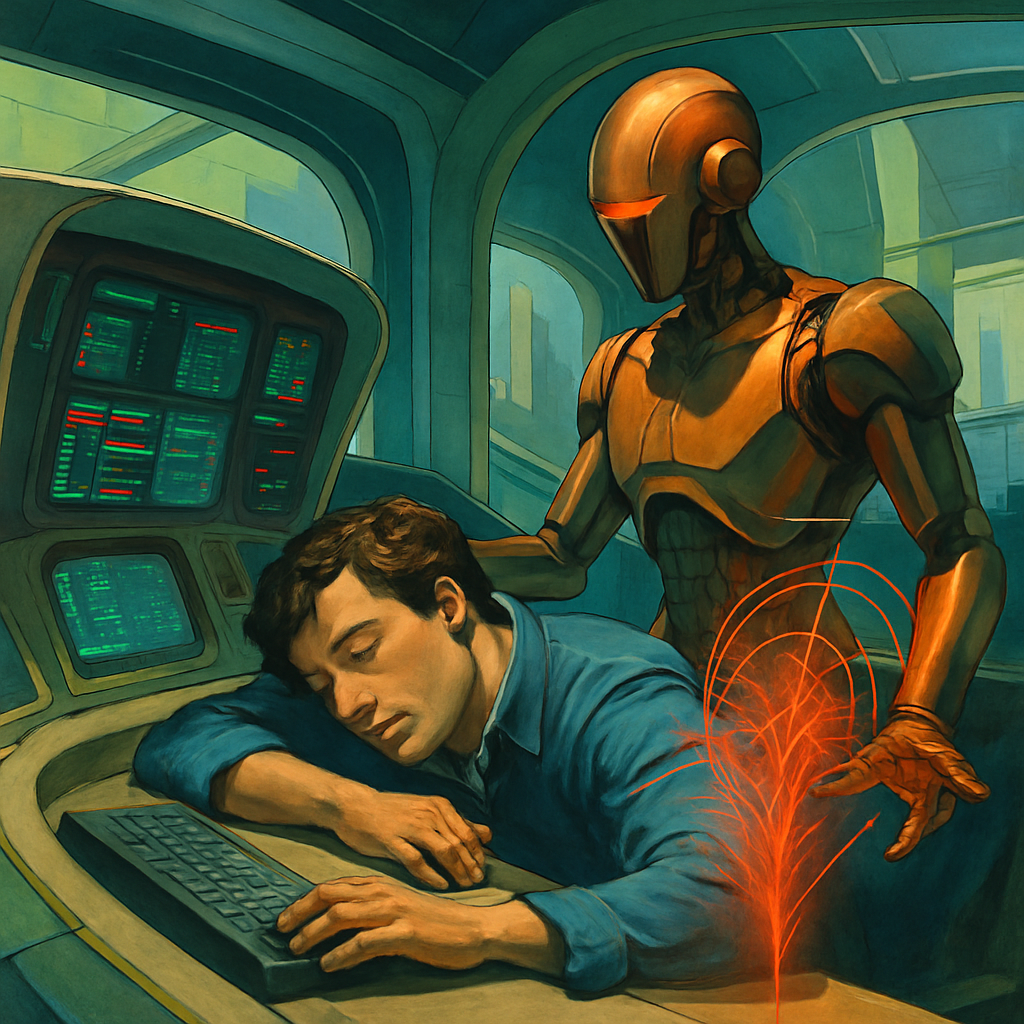“The Trials and Tribulations of AI Coding: A Humorous Deep-Dive into Automated Software Engineering’s Speed Bumps!”

“Can AI really code? Study maps the roadblocks to autonomous software engineering”
“We’ve seen AI write poems, paint pictures, and even script movies, but can it also generate the next generation of software on its own? This is the question that a team of researchers from MIT’s Computer Science and Artificial Intelligence Laboratory (CSAIL) sought to answer in a recent paper that maps out the many roadblocks standing in the AI software engineering’s way.” If you were dreaming that AI could take over your programming job, well, I hate to break it to you – the dream isn’t over, but it’s just not happening anytime soon.
MIT researchers firmly insist that AI-assembled software may be ‘more bug-prone’ and less efficient than those manually coded by skilled developers. Surprised? Well, not really. AI machines, by all means, are state-of-the-art, but to sort the wheat from the chaff in terms of coding, they’ve got a long and bumpy ride ahead.
The challenges are manifold. Think about the problems of maintaining code provenance, protecting security, and even questions about who’s responsible when AI-composed software dives into a fail mode. Remember, AI wouldn’t be facing the same idolized boss to blame. With Alice – a hypothetical developer – out of the blame game, who’s left?
Additionally, what about the colossal coding codex that needs to be trained into the system? For AI to ‘learn’ programming, it needs to be fed hundreds of thousands or even millions of examples, which might be a tad challenging considering the copyright and sharing policies in the coding community.
But let’s not completely beat down our AI workforce – they do have the potential benefits like increasing productivity by automating repetitive tasks or augmenting human creativity. However, there’s still the need for the human touch for critical thinking, reasoning and debugging, things AIs are still not up to speed on.
In their well-intentioned defense, programming is not an easy feat. It’s not just recycling code snippets in a mixtape fashion, it’s soap opera drama and mystery all rolled into one. The verbosity of coder comments, the naming games of variables, the labyrinthine mazes of dependencies, the monstrosities of arcane bugs – it’s a whole epic saga out there!
But don’t dip your pens in acid just yet. The research also suggests that while AI’s singing its solo in code generation, there are ensemble roles where it could fare better. Things like code refactoring, bug detection, and code translation might be more suited to our mechanical companions. Maybe, just maybe, AI isn’t so bad after all.
As a grand take-away, it’s probably safe to say we’re not exactly ready to have AIs replacing developers or software engineers – not in the foreseeable future anyway. Until our AI pals are well versed in the art of software sorcery, humans will probably remain the code wizards in the tech realm. After all, when the coding gets tough, the tough get coding. AI? Well, it’s still thumbing through ‘Coding for Dummies’.
